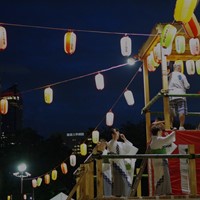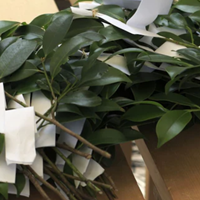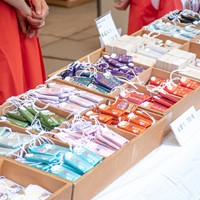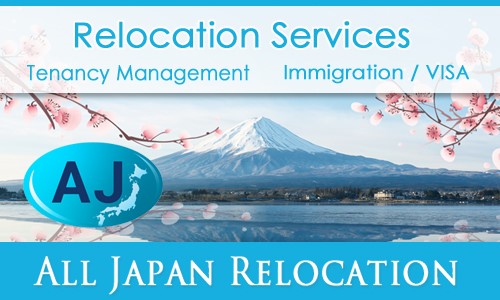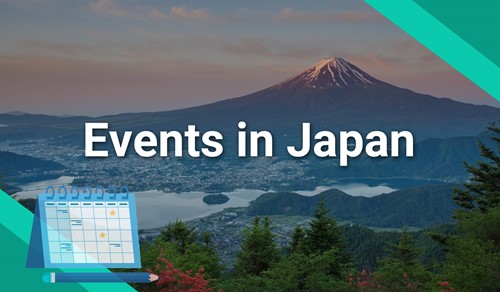Zen Experiences: A Guide to Temple Stays in Japan

If you're planning a trip to Japan, you'll likely come across numerous recommendations to visit popular tourist attractions. However, consider trying a Zen meditation for a more meaningful and distinctive experience. This ancient practice can help you connect with your inner self and relieve stress and anxiety. Moreover, it can provide long-term benefits and teach you techniques to incorporate into your daily life. Typically, Zen experiences involve staying or visiting a Zen temple or participating in a shorter meditation session. This article will highlight some of the best Zen experiences in and around Tokyo.
Understanding Zen: What is it?
Zen Buddhism was first introduced to Japan in the 12th Century from China but has since evolved to become integral to Japanese cultural arts. Zen has many key principles, focused mainly on meditation to achieve enlightenment. The practice of Zen revolves around focusing on the inner self and consciousness rather than external thoughts. You can attain this through seated meditation, also known as zazen. Zazen has three core aspects — breathing, posture, and mind. When participating in seated meditation, focusing on all three elements is essential. There is no 'goal' to achieve through meditation, simply clarity through focusing on breathing, posture, and mind.
If you are interested in reading a book about Zen, click the image(s) below.
Experiencing Zen: Common Activities at Zen Temples
Zazen: Zen Meditation Sessions
When visiting a Zen temple for an extended experience, it is common to participate in zazen. This seated meditation lies at the core of Zen philosophy. This practice generally involves sitting on a zafu, a type of Japanese cushion, on the floor, cross-legged, with a straight posture. Your eyes should look down. From here, it is essential to focus on breathing and posture. Some temples also employ a keisaku, a wooden stick used to wake priests during long meditation sessions and restore focus. While the rod is intimidating, it doesn't hurt too much to get hit and is unlikely necessary in a short session.
Sutra Copying and Tea Ceremonies
Sutra copying can be part of a meditation session. Sometimes sutras are chanted at intervals throughout the meditation session, and participants recite or repeat the sutras. This repetition can help with maintaining focus and clarity of mind while meditating. Many temples also offer tea ceremony experiences. Tea ceremonies were introduced around the same time as Zen Buddhism and became essential to Zen practice. Tea ceremonies focus on distinct processes and mindfulness, which are important aspects of Zen.
Shojin Ryori: Zen Cuisine

Shojin ryori is traditional Zen cuisine focused on simple, natural flavors. It is a plant-based, vegetarian cuisine that uses seasonal and minimalistic dishes. This cooking style avoids strong and overbearing flavors in favor of unadulterated and natural flavors. These qualities intend to reinforce the simplistic and purifying aspects of Zen.
Takigyo: Waterfall Meditation Experience
Depending on the location, some temples also offer waterfall meditation experiences or takigyo. They are vastly different from traditional zazen meditation. Waterfall meditation usually involves going to a remote waterfall to meditate. You can either walk or take a cable car to get there. Participants are traditionally provided with a white kimono or robe or expected to bring their own white clothing. The purification process may vary slightly depending on the temple, but generally, participants will stand under a waterfall to complete it. Some temples have participants walk through the waterfall three times. This invigorating form of meditation helps one to connect with nature while clearing the mind.
English-Speaking Shukubo (Temple Lodgings) in Japan: Where to Immerse Yourself in Zen
Shukubo, or temple stays, are a great way to extend the Zen experience. A temple stay usually involves meditation sessions, traditional Zen meals, and immersion in the culture and daily life of the temple. Shukubo can create a deeper understanding and connection with Zen and meditation practices. Here we have some places to experience a shukubo stay:
Shōganji Zen Retreat (Oita, Kyushu)
Shoganji Zen Retreat is a beautiful 600-year-old temple in Ojuki, 30 minutes from Oita City. The location is enveloped by a lush bamboo forest, and the closest beach is a quick 5-minute stroll away. This retreat only has a small number of guests at any time, allowing for personalized stays. There are meditation sessions, cooking lessons, calligraphy lessons, onsen visits, gardening, tea ceremony, and more available for guests.
Fukousan Shougakuji (Saitama)
Fukousan Shougakuji is a mountain temple located among the forests in the mountains of Saitama. With the nearby river, forests, and natural surroundings, this temple is a great place to relax and reconnect with the inner self. They have a careful schedule for temple stays, including zazen meditation, shojin ryori meals, and optional sutra copying.
https://fukuousan-shougakuji.jimdo.com/
Shunkoin Temple (Kyoto)
Shunkoin Temple is a 500-year-old temple located in a historical and peaceful area of Kyoto. This temple offers Zen experiences entirely in English, ranging from zazen meditation to tea ceremonies and calligraphy workshops. The priest has studied in the US and conducts English workshops. This temple has regularly scheduled retreats that guests can join rather than being able to stay at any time.
Shorter Temple Experiences

Sogen-ji Temple (Okayama)
Sogen-ji Temple, located at the base of a mountain around 35 minutes from central Okayama, offers regular community sessions of zazen meditation. These community sessions are open to people with any level of Zen knowledge and meditation experience. Attending one of these sessions is a great way to have a casual introduction to Zen meditation and temple practices.
Kenchoji Temple (Kamakura, Kanagawa)
Kenchoji Temple is a beautiful Zen temple located in the historic city of Kamakura. The temple bell is a national treasure; you can see many examples of traditional architecture. The temple offers regular zazen sessions with explanations in English. You can find the schedule for English sessions on the temple website. If you are comfortable with attending a Japanese-only session, those are held more frequently.
Embracing Zen: An Enriching Culmination to Your Japan Trip
Zen Buddhism is an essential aspect of Japanese culture that offers an opportunity to connect with nature, your inner self, and alleviate stress and anxiety. Participating in a Zen experience in Japan can provide a unique perspective and add greater meaning to your trip. Whether you opt for an extended stay at a temple or a short zazen session, a Zen experience is an excellent way to explore Japan from a distinct viewpoint. If you enjoy caring for yourself and embracing your spiritual side, you may find our articles on religion in Japan enlightening.



